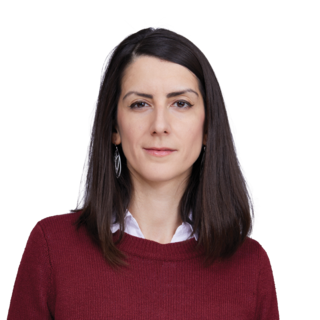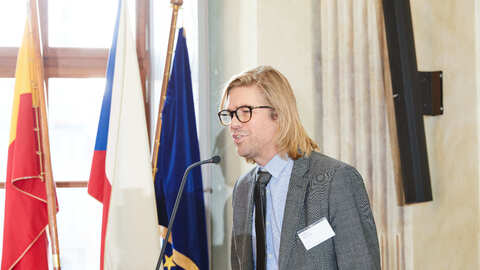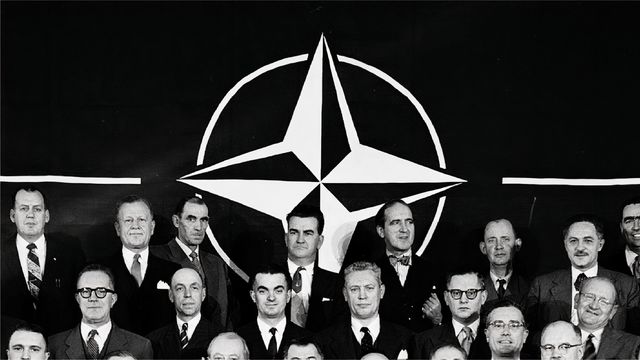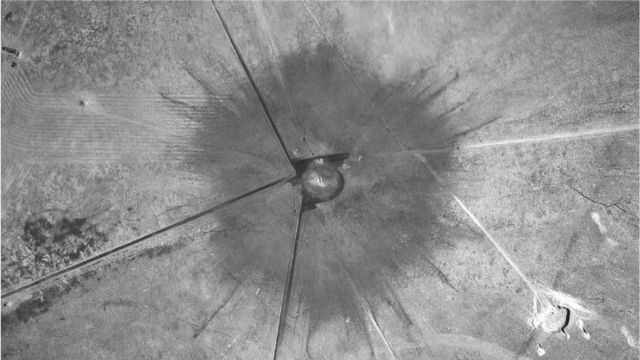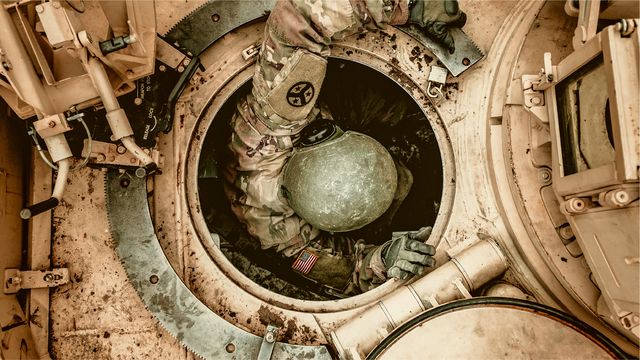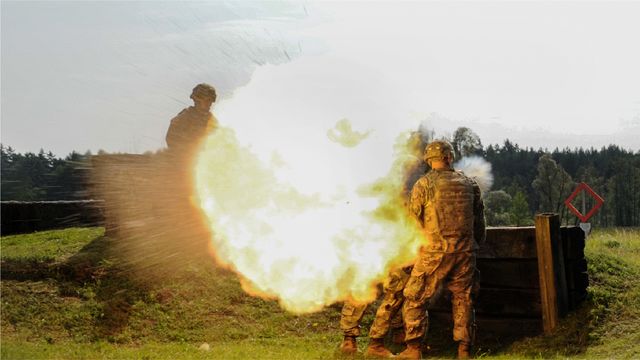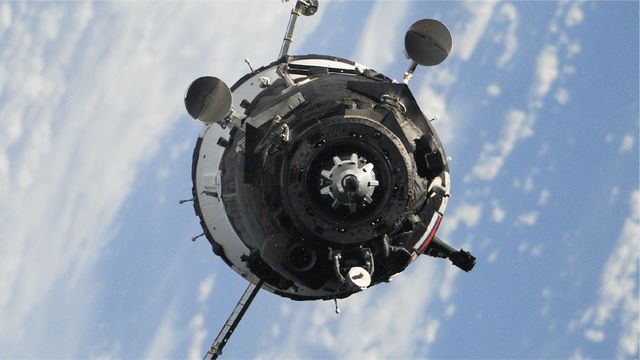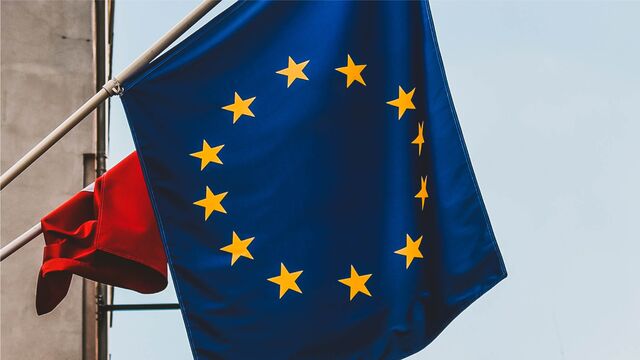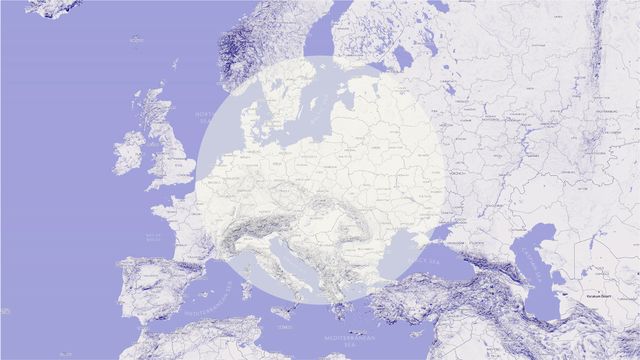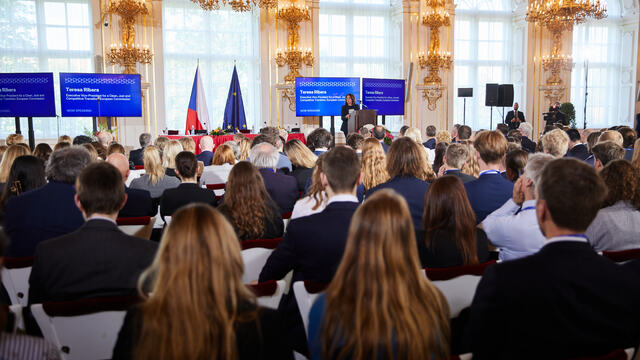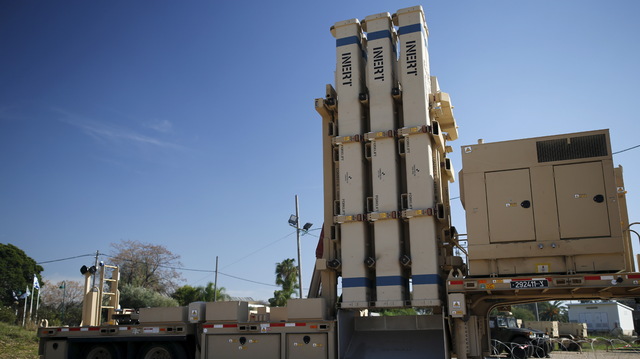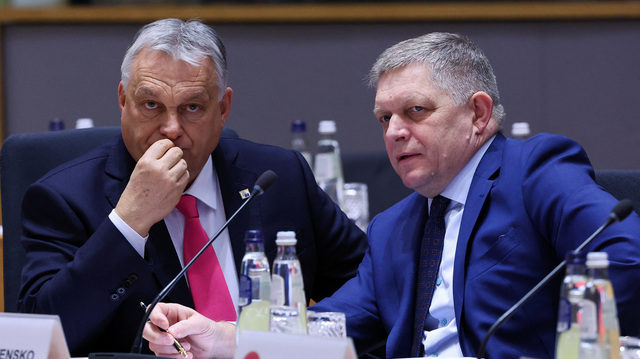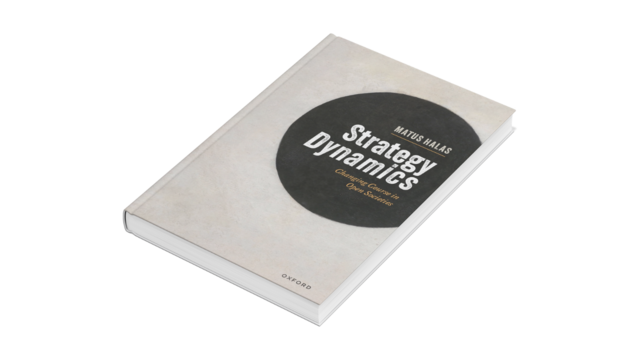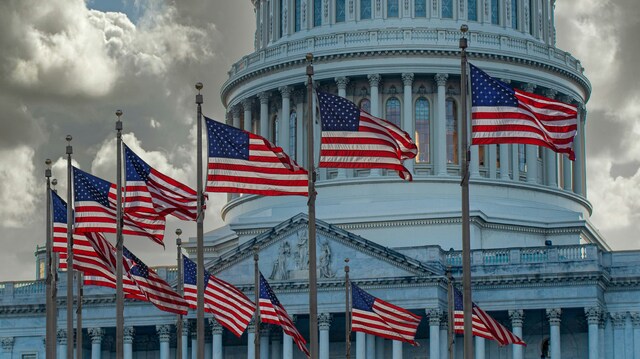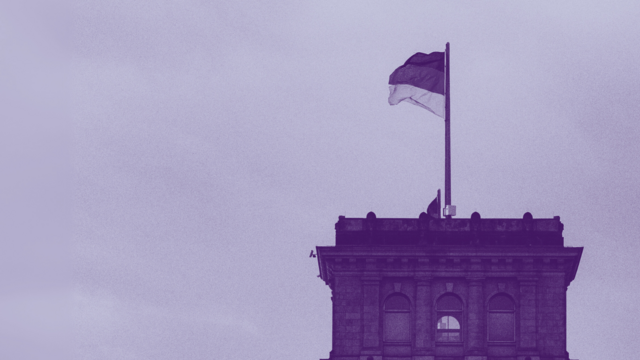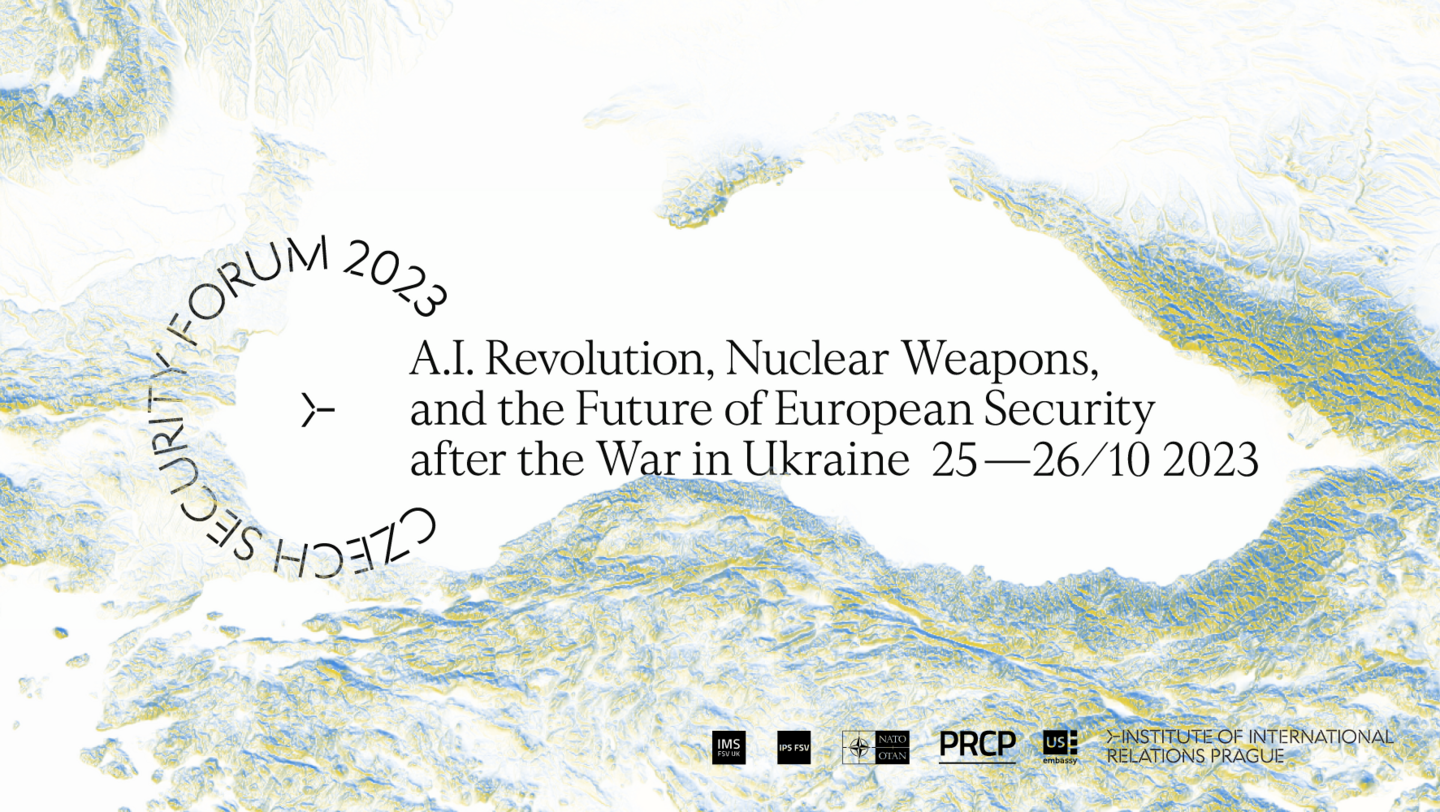
Czech Security Forum
We would like to cordially invite you to our annual security conference, this year holding the title Czech Security Forum 2023: "A.I. Revolution, Nuclear Weapons, and the Future of European Security after the War in Ukraine." We are looking forward to hosting you!
25. 10. 2023 (9:00)
Language: English DAY 1 - Profesní dům (Malostranské square 25, 118 00 Prague), DAY 2 - Sněmovní 7 (Sněmovní 7, 118 00 Prague)
The 2022 Russian invasion of Ukraine has awakened old fears of nuclear weapons and new threats of an increased use of autonomous weapon systems in warfare. Questions of deterrence and compellence have been part of political and academic discussions since the beginning of the invasion.
Is NATO’s current nuclear posture sufficient to ensure effective deterrence against Russia? What are the challenges in regulating and limiting the proliferation and use of autonomous weapon systems in Europe?
Two key themes will guide the Czech Security Forum 2023: nuclear weapons and military A.I. These topics concern the continental security management in times when there is a war in Europe.
The event seeks to contribute to the Transatlantic security debate on collective deterrence and defence, and thus improve the knowledge of policy makers and related stakeholders in Europe, and the West more generally.
Our invited speakers will analyse the role of NATO in empowering partners, such as Ukraine, as well as other vulnerable actors in Europe’s neighbourhood. The Czech Security Forum (CSF) is organized by the Institute of International Relations Prague (IIR) in cooperation with Charles University’s Peace Research Center Prague (PRCP). The project is sponsored by the North Atlantic Treaty Organization (NATO) and supported by the Small Grants Program of the U.S. Embassy in Prague.
Day 1 25/10/2023
Registration
Opening Remarks
Keynote Speech and Q&A
Michael Kofman, the world’s leading expert on the Russian military, will provide his assessment of Ukraine’s summer offensive and its implications for the broader Russo-Ukrainian conflict. Moreover, he will chart possible directions for the war in 2024 and lay out the implications of different scenarios for NATO countries and their support for Ukraine’s struggle against Russian aggression.
Coffee Break
Panel 1: Russia’s Nuclear Sabre-Rattling, NATO’s Response, and the Future of Arms Control and Disarmament
With growing concerns over potential nuclear use in the war in Ukraine, European security has become more cognizant of changes to Russia’s nuclear doctrine, strategy, operational practices, and safeguards. Does Russia’s nuclear sabre-rattling represent a doctrinal shift or is it a continuation of the same geopolitical goals that it had before? What kind of danger does it present to Europe? What are the possible challenges and contributions to enhancing NATO’s defence and deterrence posture? How can NATO increase the mutual confidence and strengthen mutual security to reduce Russia’s reliance on nuclear weapons?
Lunch
Panel 2: The A.I. Revolution and its Impact on Military Affairs
The A.I. revolution has a great impact on how war is done. A key question is whether human decision-making on the use of force should and can be effectively replaced with technology-based processes, and thus, life-and-death decisions could be ceded to machines. Within the EU, discussions or policies that guide the use of autonomous weapon systems are new or often absent. This panel asks: what is the value of A.I. in current and future warfare from a European point of view? Can the EU build technical expertise and develop its own drones while ethical questions remain unaddressed?
Day 2 26/10/2023
Organiser
Co-organisers
The Czech Security Forum (CSF) is organized by the Institute of International Relations Prague (IIR) in cooperation with Charles University’s Peace Research Center Prague (PRCP).
Auspice
The project is sponsored by the North Atlantic Treaty Organization (NATO) and supported by the Small Grants Program of the U.S. Embassy in Prague.
